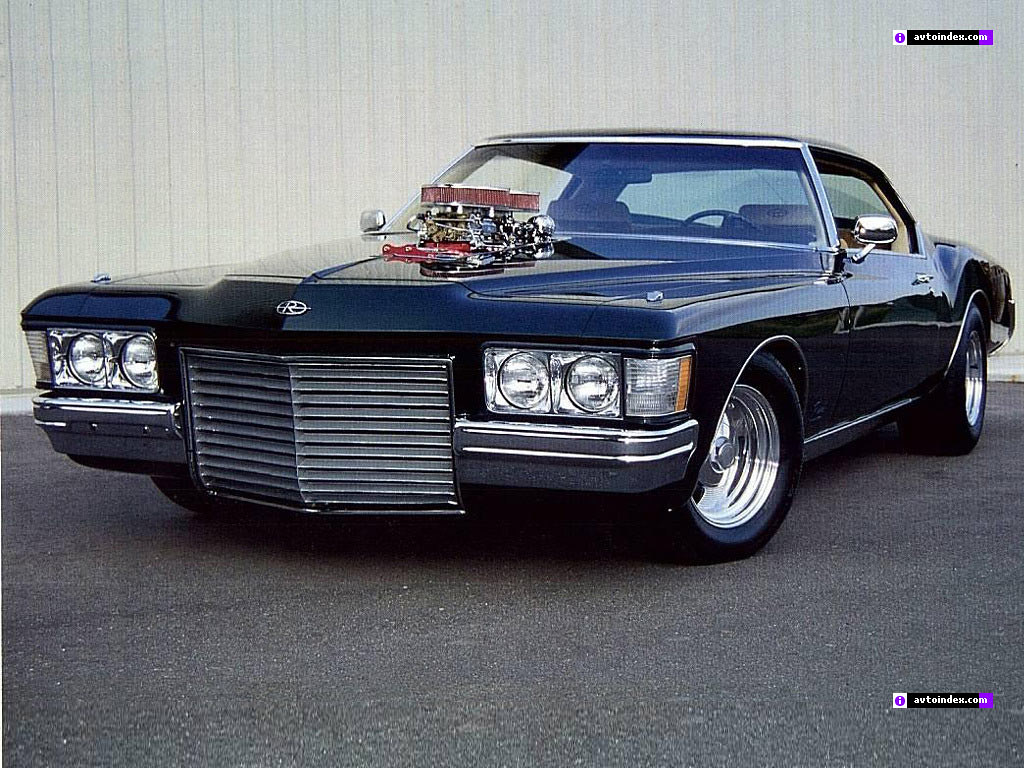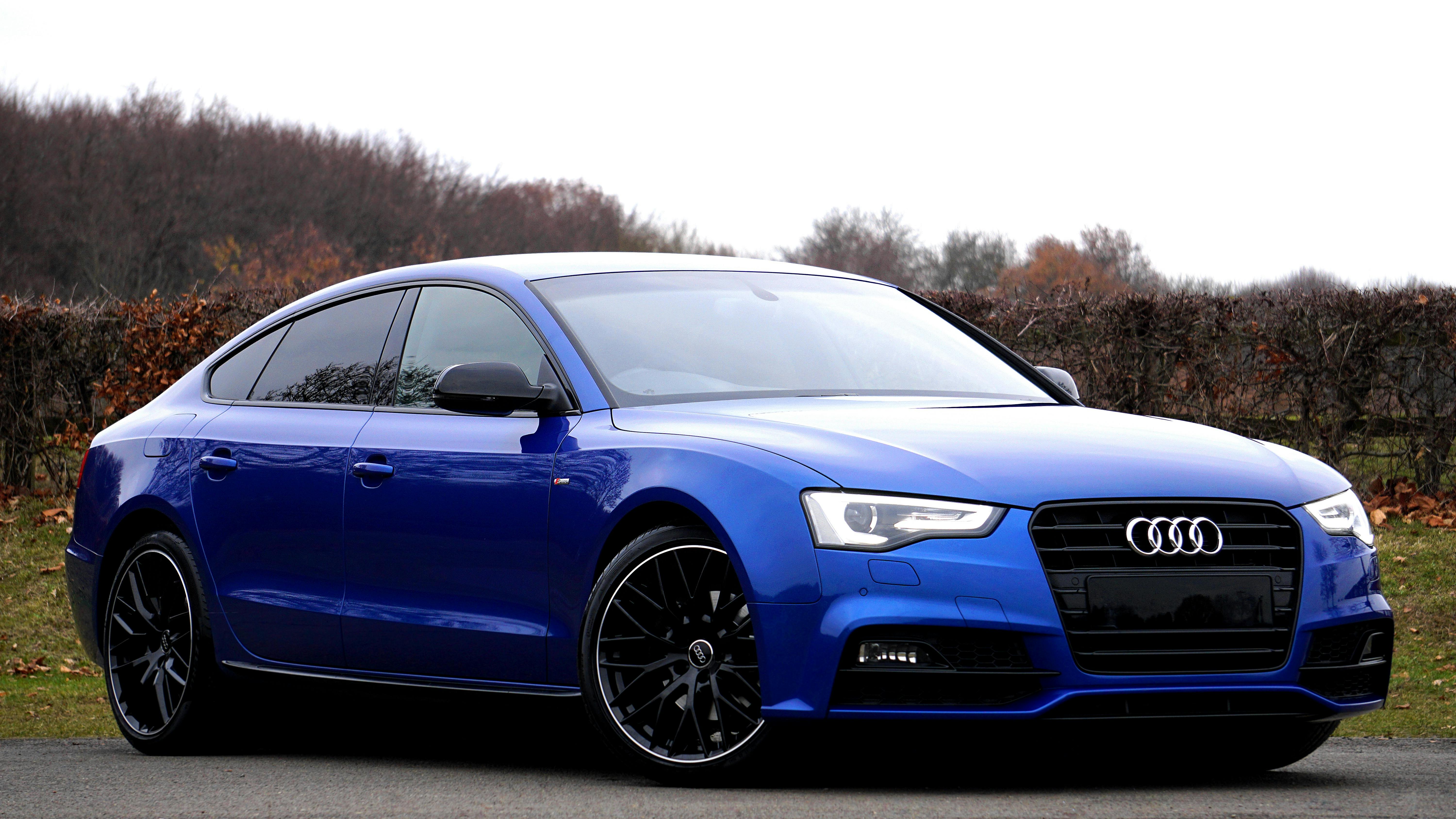
Ever wondered what truly makes a car owner genuinely happy with their ride? It’s a question that goes beyond simple aesthetics or even raw performance; it delves into the heart of the ownership experience. In the fast-paced world of automotive innovation, understanding the pulse of car owners is more crucial than ever. From cutting-edge electric vehicles to time-tested combustion engines, every brand is vying for that coveted spot in our driveways and, more importantly, in our hearts.
It turns out, word of mouth is a powerful force, and whether customers love or loathe their purchase can make or break a brand. What’s truly fascinating, though, is that the “best-reviewed” car doesn’t always guarantee the highest owner satisfaction. Sometimes, a vehicle with a few quirks still manages to delight its owners because it was upfront about its capabilities and simply nailed customer expectations. This year’s annual ownership satisfaction surveys from titans like Consumer Reports and Auto Express have just dropped, offering some seriously juicy insights into which automakers are hitting it out of the park and which ones are, well, hitting a few bumps in the road.
We’re about to take a deep dive into the findings, exploring the brands that are making owners shout from the rooftops with joy. Get ready to discover the top contenders that have mastered the art of making car ownership a truly satisfying journey, often in ways you might not expect. We’ll be breaking down what drives this satisfaction, from the electrifying performance of some newcomers to the rock-solid dependability of some old favorites. Let’s rev our engines and get into the real owner survey results!
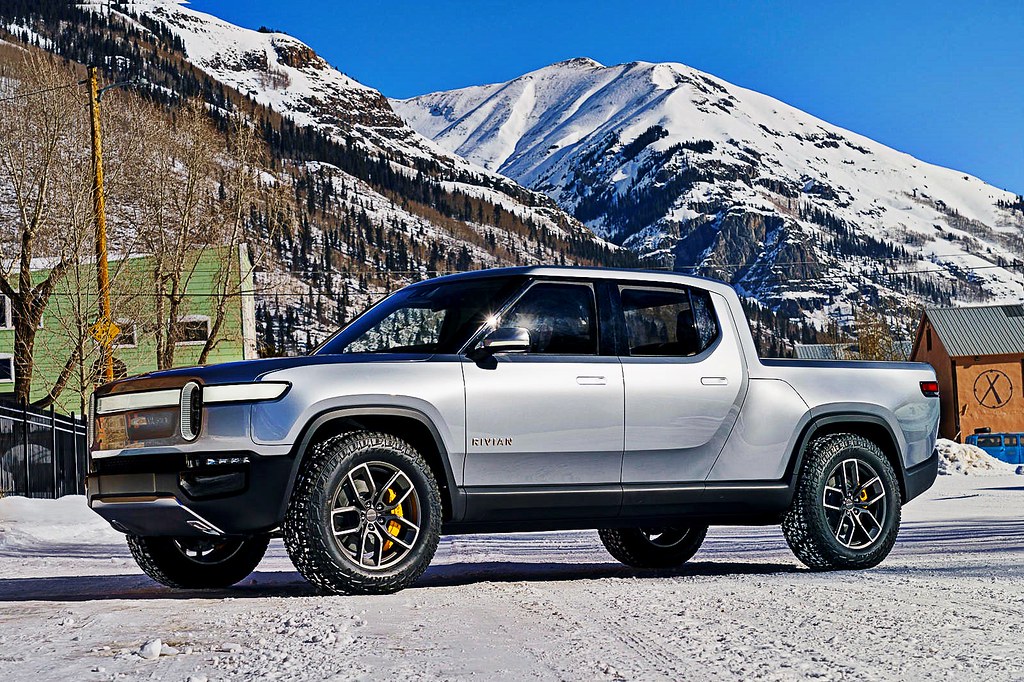
1. **Rivian**: If you’re looking for the ultimate mic drop in owner satisfaction, look no further than Rivian. This electric vehicle powerhouse has absolutely dominated the charts, with a jaw-dropping 86 percent of owners declaring they would buy an R1T or R1S again. This incredible loyalty score earns Rivian the only perfect 5/5 ownership satisfaction rating of any brand in the Consumer Reports survey, making it a true standout in a crowded market.
What’s the secret sauce behind this unparalleled enthusiasm? The context reveals that Rivian, despite ranking last in reliability with a score of 14 (22nd overall), still manages to ignite immense owner loyalty. The startup delivered 51,579 vehicles in 2024, a 3% increase from the previous year, showing strong performance in areas like comfort, usability, and crucially, ownership costs. It seems that Rivian’s innovative features and a customer service approach that genuinely resonates with its audience are powerful enough to overcome initial production challenges, including motor part shortages, and even secure massive investments like $5.8 billion from Volkswagen.
This showcases the “Satisfaction-Reliability Paradox” in full effect: sometimes the thrill of cutting-edge technology and a novel ownership experience can outweigh traditional concerns about kinks in the system. Rivian owners are clearly enamored with the overall package, the promise of adventure, and the brand’s unique approach to electric mobility. They prioritize the excitement, the features, and the perceived value in daily use, rather than letting minor reliability hiccups dampen their spirits. It’s a testament to how well Rivian has managed to exceed expectations in the areas that matter most to its pioneering customer base.
Read more about: Navigating the 2025 SUV Landscape: Kelley Blue Book’s Expert Guide to the Best Two-Row Models for Suburban Families
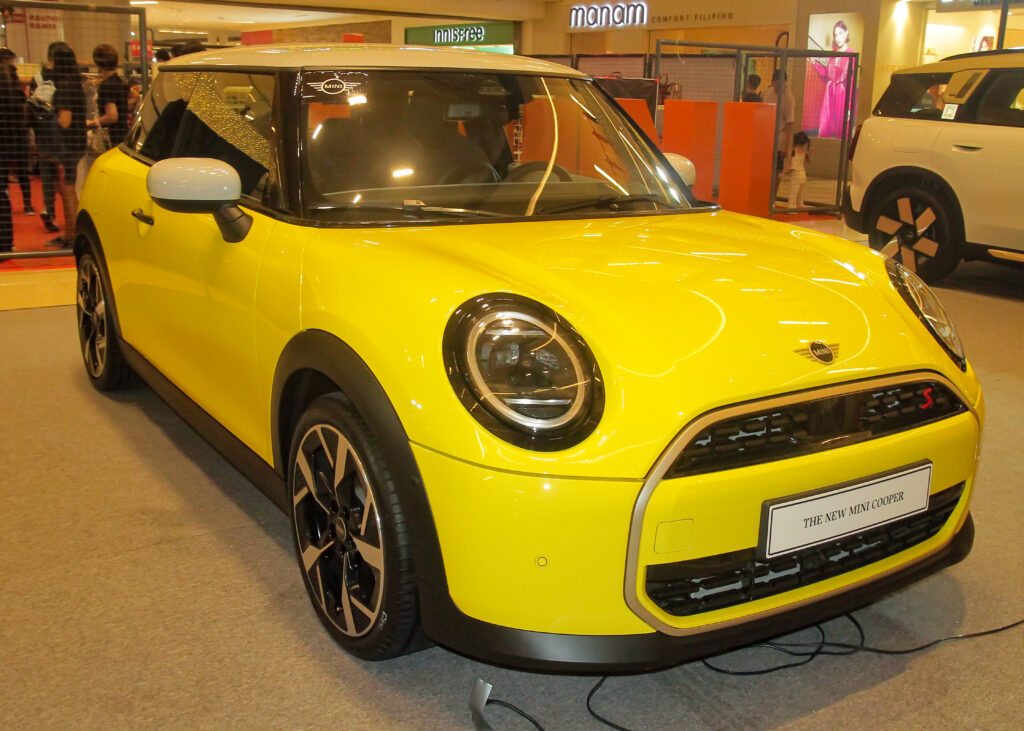
2. **Mini**: Talk about an underdog story! Mini somehow managed to pull off one of the most surprising comebacks in the satisfaction rankings this year, rocketing up an impressive 11 spots to snag the second-highest position for owner satisfaction. With a fantastic 77 percent of owners stating they would “definitely buy their Mini again,” this spunky brand proves that sometimes, it’s the unique character and driving fun that truly capture people’s hearts.
Mini’s charm isn’t necessarily about being the most luxurious or the most high-tech in every category, but rather about delivering a distinct and engaging experience. Owners likely appreciate the brand’s commitment to its iconic design, nimble handling, and the sense of personality that comes with every Mini. This brand consistently delivers on a promise of a fun-to-drive vehicle with a distinctive aesthetic, which clearly resonates deeply with its customer base.
The high repurchase intent suggests that Mini owners know exactly what they’re getting when they choose one of these compact marvels, and the car consistently meets or even exceeds those specific expectations. It’s a prime example of how a brand can cultivate intense loyalty by focusing on a clear identity and delivering a consistent, enjoyable driving experience that keeps owners coming back for more, year after year.
Car Model Information: 2024 MINI Hardtop Cooper S
Sp: uk
Caption: 1959 Morris Mini-Minor (first one built)
Name: Mini
Aka: Austin 850,Rover Mini,Austin Cooper,Austin Mini,Austin Partner,Austin Seven,Innocenti Mini,Leyland Mini,Morris 850,Morris Mascot,Morris Mini Minor,Riley Elf,Wolseley 1000 (South Africa),Wolseley Hornet
Layout: Front-engine, front-wheel-drive layout
Manufacturer: British Motor Corporation,British Leyland,Rover Group
Production: 1959–2000 (5.38 million)
Class: City car
BodyStyle: sedan (car),convertible,Station wagon,sedan delivery,coupe utility
Engine: BMC A-series engine,Straight-four engine
Designer: Alec Issigonis,John Sheppard (car designer)
Transmission: 4-speed manual,AP automatic transmission,5-speed manual (optional extra on some later models)
Length: cvt,cvt,cvt
Width: cvt
Height: cvt
Weight: cvt
Wheelbase: cvt,cvt
Related: Mini Moke,Austin Metro,Innocenti Mini,Mini Wildgoose,Mini Marcos
Successor: Austin Metro,Mini Hatch
Assembly: Panmure, New Zealand
Categories: 1960s cars, 1970s cars, 1980s cars, 1990s cars, 2000s cars
Summary: The Mini is a very small two-door, four-seat car, produced for four decades over a single generation, with many names and variants, by the British Motor Corporation (BMC) and its successors British Leyland and the Rover Group, and finally (briefly) under BMW ownership. Minis were built as fastbacks, estates, convertibles, and various other body styles. Minus a brief 1990s hiatus, from 1959 into 2000, an estimated 5.38 million of all variations combined were built, and the Mini’s engines also powered another 2 million Mini Metros, though the Mini eventually outlasted its successor.
Initially, the Mini was marketed under the Austin and Morris names, as the Austin Seven and Morris Mini-Minor; the Austin Seven was renamed Austin Mini in 1962 and Mini became a marque in its own right in 1969. Retrospectively, the car is known as the “Classic Mini” to distinguish it from the modern MINI family of vehicles produced since 2001 by German carmaker BMW, who took ownership of the Mini name following the sale of Rover Group in 2000.
This distinctive two-door car was designed for BMC by Sir Alec Issigonis. Its space-saving transverse engine and front-wheel drive layout – allowing 80% of the area of the car’s floorpan to be used for passengers and luggage – influenced a generation of car makers. The front-wheel-drive, transverse-engine layout were used in many other “supermini” style car designs such as Honda N360 (1967), Nissan Cherry (1970), and Fiat 127 (1971). The layout was also adapted for larger subcompact designs. In 1999, the Mini was voted the second-most influential car of the 20th century, behind the Ford Model T, and ahead of the Citroën DS and Volkswagen Beetle. It is also considered an icon of 1960s British popular culture.
The Mini Mark I had three major UK updates: the Mark II, the Clubman, and the Mark III. Within these was a series of variations, including an estate car, a pick-up, a van, and the Mini Moke, a jeep-like buggy. The performance versions, the Mini Cooper and Cooper “S”, were successful as both race and rally cars, winning the Monte Carlo Rally in 1964, 1965, and 1967. The Mini was manufactured in England at the Longbridge plant in Birmingham located next to BMC’s headquarters and at the former Morris Motors plant at Cowley, as well as in Australia (Victoria Park/Zetland BMC Australia factory) and later also in Spain (Authi), Belgium, Italy (Innocenti, as the Innocenti Mini), Chile, Malta, Portugal, South Africa, Uruguay, Venezuela, and Yugoslavia (IMV). In 1980, British Leyland launched the Mini’s follow-up, the Austin Metro, however the Mini outlasted it and continued to be produced at Longbridge until October 2000.
Get more information about: Mini
Buying a high-performing used car >>>
Brand: Mini Model: Mini
Price: $21,499 Mileage: 27,590 mi.
Read more about: The Digital Black Box: Unpacking How Your Car Collects and Sells Your Most Intimate Data
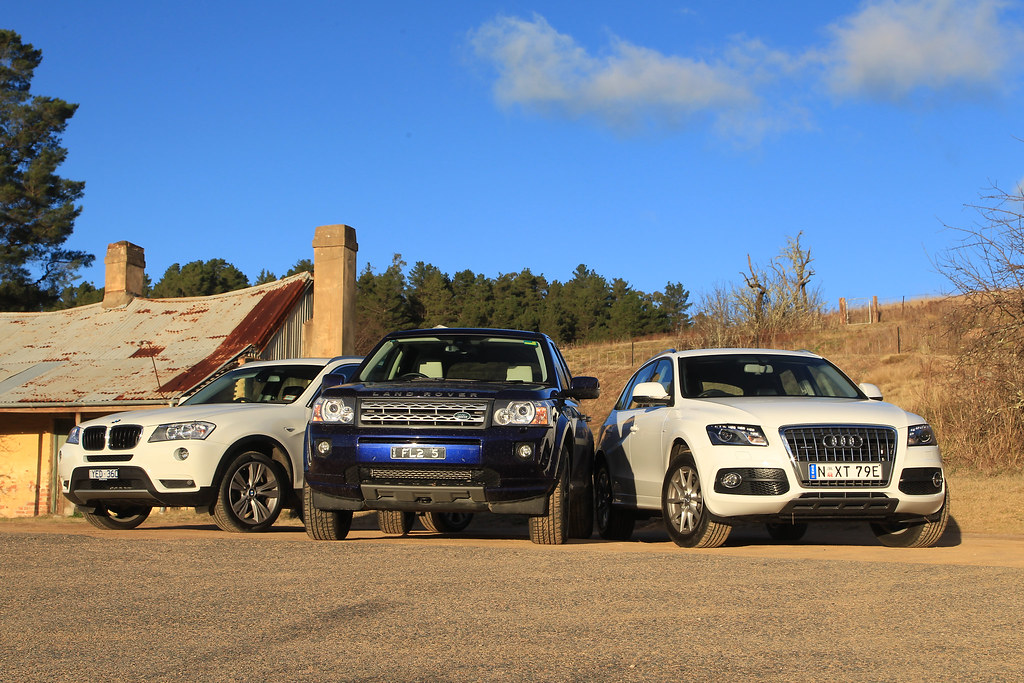
3. **BMW**: Ah, BMW. The brand synonymous with “the ultimate driving machine” continues to impress its discerning clientele, securing a strong position among the most satisfying cars to own. A robust 76 percent of BMW owners enthusiastically reported they would buy their BMW again, a testament to the brand’s enduring appeal and its ability to deliver a premium driving experience. This impressive figure places BMW tied with Porsche in the Consumer Reports survey, firmly planting it in the upper echelons of owner satisfaction.
While some might debate the current styling compared to its late ’90s and early 2000s heyday, the satisfaction numbers speak for themselves. Owners clearly value the blend of performance, luxury, and advanced technology that BMW consistently offers. The global sales figures paint a picture of a brand still very much at the top of its game, reaching 2.45 million vehicles in 2024. Despite a slight dip from 2023 due to external factors like production challenges and reduced Chinese demand, BMW’s electric vehicle sales are soaring, growing 13.5% to 426,594 units, making up 17.4% of total sales.
In the U.S. specifically, BMW celebrated its second consecutive record year, moving an impressive 371,346 vehicles. This demonstrates that BMW has successfully navigated the evolving automotive landscape, maintaining respectable reliability (scoring 53, placing 8th overall) while continuing to be a satisfaction leader. The brand’s focus on a dynamic driving experience, sophisticated interiors, and an increasingly robust electric lineup ensures that the “ultimate driving machine” ethos continues to thrive and delight its loyal owners.
Read more about: The Digital Black Box: Unpacking How Your Car Collects and Sells Your Most Intimate Data
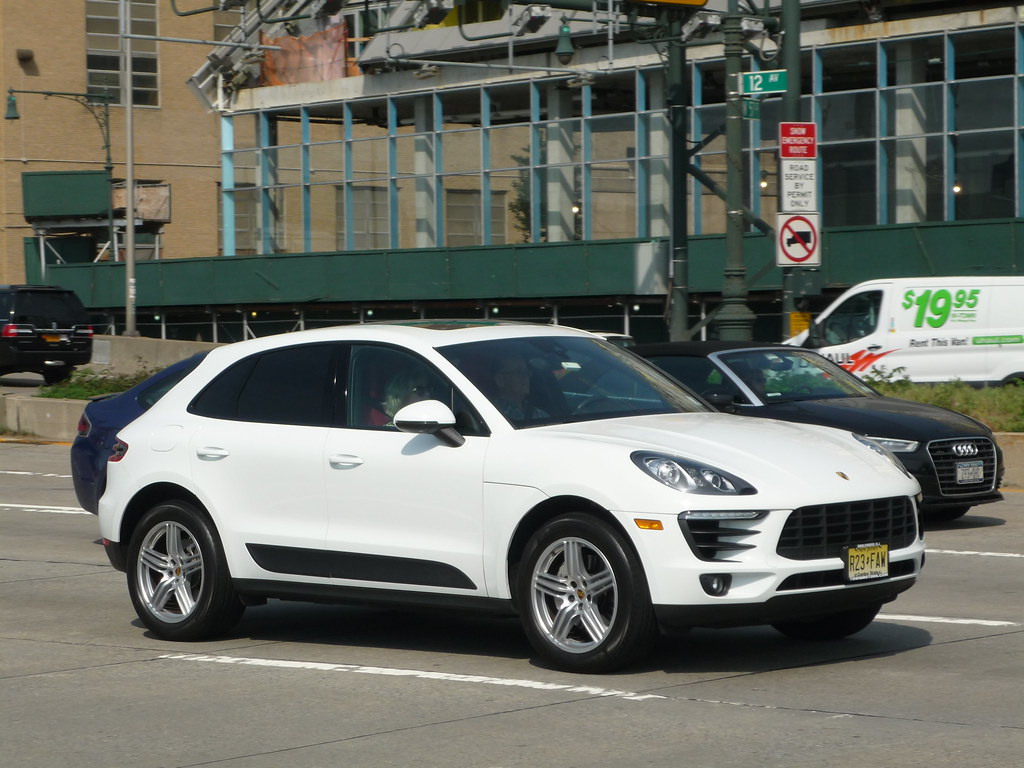
4. **Porsche**: If you’re a fan of exhilarating performance combined with luxury, then Porsche probably holds a special place in your heart – and it certainly does for its owners! Porsche, a name that evokes precision engineering and thrilling drives, stands tall in the satisfaction rankings. An impressive 76 percent of owners unequivocally stated they would “definitely buy their Porsche again,” a figure that places it in a tie with BMW for high owner satisfaction in the Consumer Reports survey.
This isn’t just about speed; it’s about the entire ownership experience that Porsche crafts. Owners appreciate the meticulous attention to detail, the iconic design, and the palpable sense of prestige that comes with owning a vehicle bearing the Porsche crest. The brand consistently delivers on its promise of an engaging and high-quality driving experience, which is a significant factor in fostering such strong owner loyalty.
The fact that it ties with BMW underscores a shared success in catering to premium buyers who expect both performance and sophisticated comfort. Porsche’s ability to maintain this level of satisfaction speaks volumes about its unwavering commitment to engineering excellence and delivering vehicles that are not just modes of transport, but passionate statements. It’s a brand that clearly understands its audience and continues to exceed their high expectations, solidifying its place as a top-tier choice for owners who prioritize both thrill and refinement.
Read more about: Your Definitive 2025 Guide: What to Check When Buying a Used Electric Vehicle
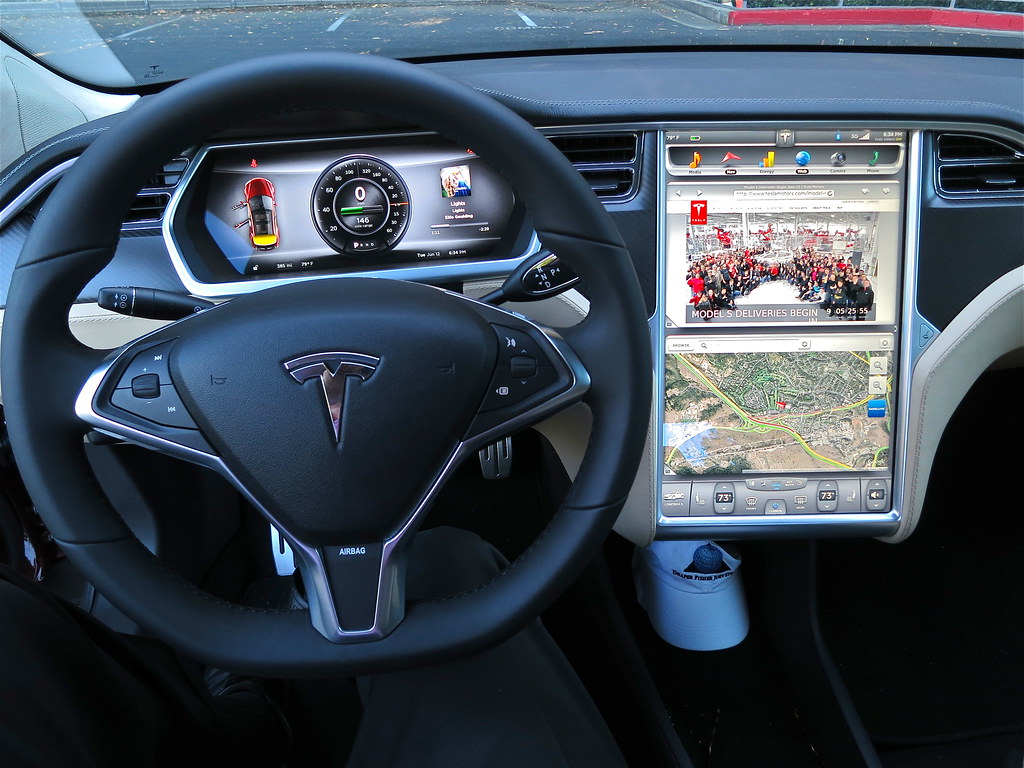
5. **Tesla**: No discussion of owner satisfaction would be complete without talking about Tesla, the brand that has arguably redefined the electric vehicle landscape. Coming in right behind Porsche, Tesla boasts a strong 74 percent of owners who say they would buy their car again. This high level of satisfaction, despite ongoing reliability challenges (scoring 36, placing 17th overall), highlights the unique appeal and disruptive nature of the brand.
What’s the secret ingredient? Well, a significant factor cited in the context is Tesla’s “functional, actually useful nationwide charging network.” This infrastructure greatly alleviates one of the biggest anxieties for EV owners – range anxiety – and is a massive contributor to the overall positive ownership experience. The brand’s innovative technology, over-the-air updates, and strong performance continue to captivate its audience.
Despite global deliveries seeing their first annual decline since 2011, reaching 1.79 million vehicles in 2024 (down 1.1%), the Model Y and Model 3 remain dominant forces in their lineup. “Other Models,” including the highly anticipated Cybertruck, also contributed a respectable 85,133 deliveries. Tesla’s revenue still reached a staggering $97.7 billion, demonstrating that even with reliability hurdles, the brand’s groundbreaking approach to electric vehicles, combined with its robust charging ecosystem, creates a potent formula for owner loyalty and excitement. It’s a compelling case study in how technology and convenience can trump traditional dependability metrics for a significant segment of buyers.
Read more about: The Digital Black Box: Unpacking How Your Car Collects and Sells Your Most Intimate Data
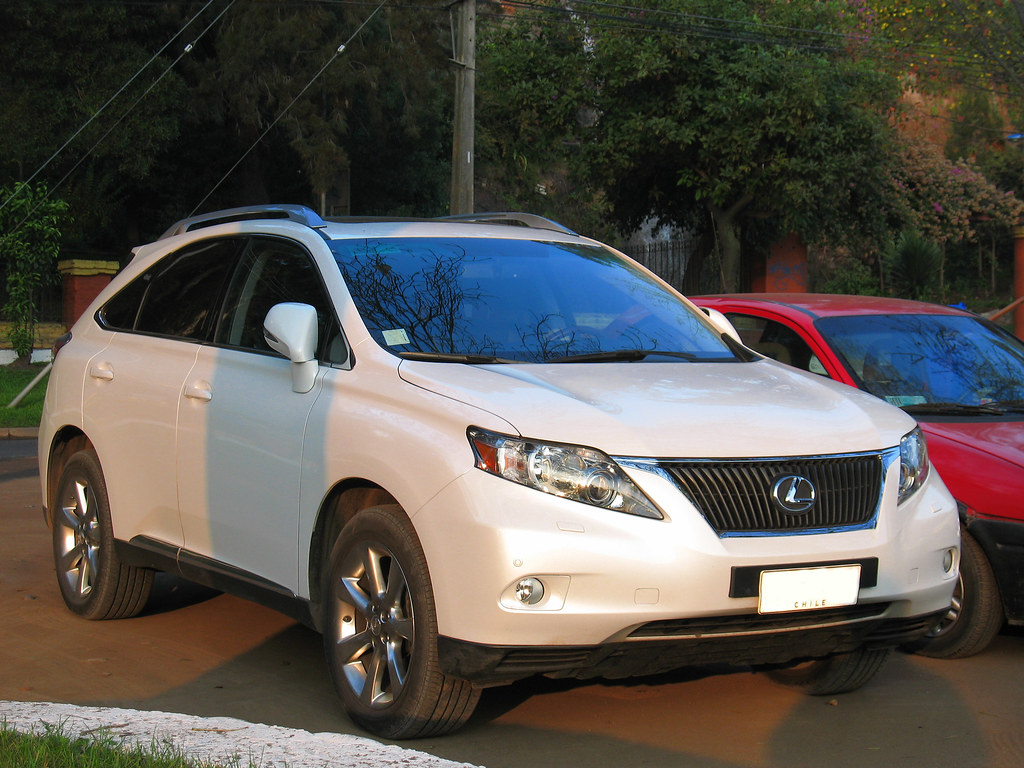
6. **Lexus**: When it comes to striking the perfect chord between luxury, satisfaction, and dependability, Lexus truly sets the “Gold Standard Balance.” In the Consumer Reports survey, Lexus impressively ties with Genesis at 73 percent owner satisfaction, putting it among the top performers. What makes Lexus stand out, however, is its exceptional reliability score of 65, placing it second overall—a stark contrast to some other high-satisfaction brands.
Lexus owners aren’t just satisfied; they’re confident in their vehicle’s longevity and trouble-free performance. The brand combines exquisite comfort, refined driving dynamics, and a reputation for bulletproof reliability, which creates an incredibly rewarding ownership experience. This balance is clearly valued by luxury buyers, as evidenced by Lexus achieving record global sales of 851,214 units in 2024, representing a healthy 3.3% increase.
The brand’s commitment to electrification is also paying off, with electrified vehicles now accounting for 52% of total global sales, showing strong growth in key markets like North America (379,589 units) and Europe (up 19.3%). Lexus proves that you don’t have to choose between cutting-edge luxury and long-term dependability; you can genuinely have both. It’s a testament to a brand that understands its customers’ desire for peace of mind alongside premium features, making it a truly exceptional choice for balanced satisfaction.
Read more about: Unleashing the Soul of Driving: What the 2025 Mazda MX-5 Miata Offers True Purists
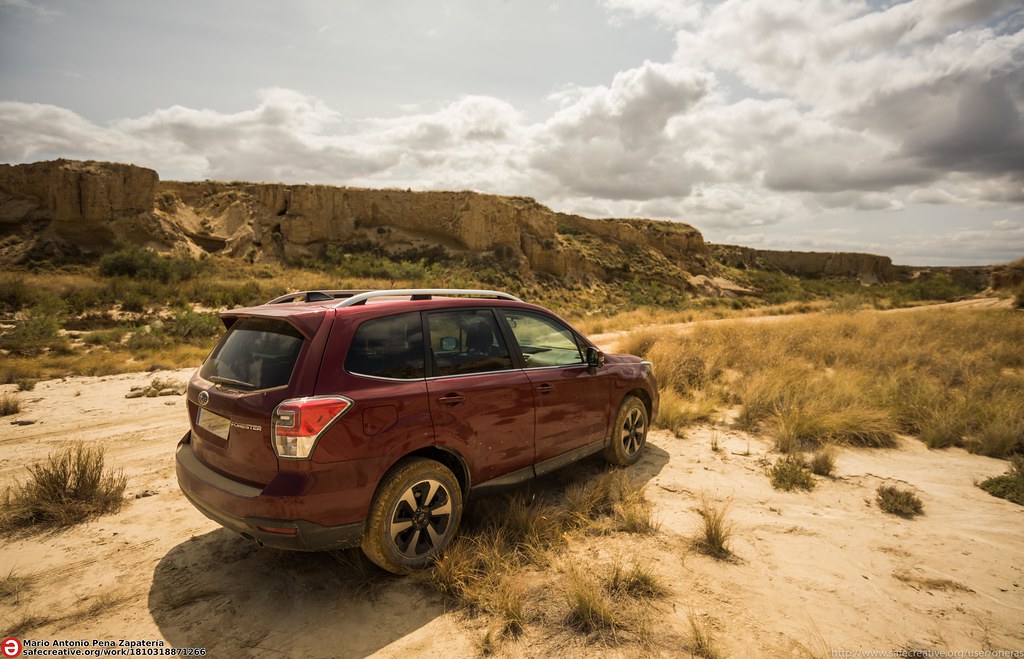
7. **Subaru**: Steering into the realm of brands celebrated for their steadfast dependability, Subaru emerges as the undisputed “Reliability Champion” in the Consumer Reports survey, boasting the highest reliability score of 68. But don’t mistake reliability for a lack of excitement, because Subaru also maintains solid owner satisfaction, with 70 percent of owners saying they’d buy their car again, securing an eighth-place finish in the satisfaction rankings with a 3/5 score.
Subaru’s philosophy of all-wheel drive and unwavering commitment to safety deeply resonates with buyers who prioritize dependable transportation. This focus has translated into impressive sales figures, with global sales reaching 936,375 vehicles in 2024, generating $31 billion in revenue. In the U.S., the brand saw a 5.6% sales increase, moving 667,725 vehicles, with popular models like the Crosstrek and Forester leading the charge.
The brand’s excellence extends beyond Consumer Reports, as Subaru was also crowned “Best Car Manufacturer in 2024” by car owners in the annual Auto Express Driver Power customer-satisfaction survey. Paul Barker, editor of Auto Express, noted that “owners have made it clear they’re delighted with their car’s practicality, safety, reliability and quality, among other key attributes.” This dual recognition solidifies Subaru’s position as a brand that not only builds cars to last but also consistently delights its owners with its core values, offering a compelling blend of confidence and contentment on the road.
Now, as we continue our journey through the intricate landscape of automotive ownership, it’s time to explore more brands that are either nailing the satisfaction game or finding themselves in a bit of a pickle. We’ll uncover how consistent performers maintain their appeal, look at the evolving face of luxury, and check in with the mass-market mainstays. Plus, we’ll take a candid look at some of the brands facing significant challenges, offering a truly comprehensive look at what makes (or breaks) the diverse automotive experience for real owners. Let’s rev those engines and keep rolling!
Read more about: The Digital Black Box: Unpacking How Your Car Collects and Sells Your Most Intimate Data
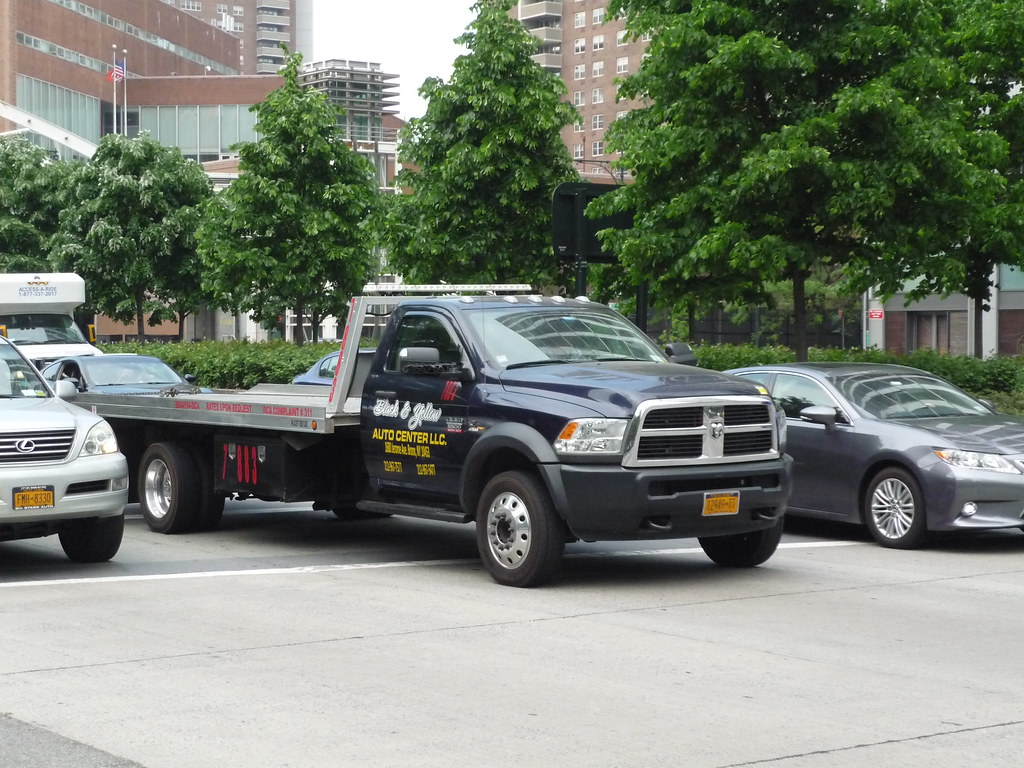
8. **Ram**
If your idea of a perfect ride involves power, utility, and undeniable presence, then you’re probably already a Ram aficionado. This brand might not be for everyone – as the old saying goes, if you don’t like trucks, you’re definitely not getting a Ram. Yet, for those who do commit, the satisfaction is strikingly high, with a solid 69 percent of owners declaring they would buy their Ram again. This impressive loyalty highlights a brand that knows its audience inside and out.
Ram owners know exactly what they’re signing up for: a robust, capable truck designed for serious work and play. It’s not about dainty commutes; it’s about hauling, towing, and tackling rugged terrain with confidence. This clear-cut purpose and the brand’s unwavering focus on delivering a “do-everything” vehicle resonates deeply, fostering a passionate community that wouldn’t trade their Ram for anything.
It’s a testament to how specialized brands can achieve exceptional satisfaction by hyper-focusing on their core demographic and exceeding specific expectations. While the context often groups trucks with mass-market vehicles, Ram’s dedicated following demonstrates that for its niche, it’s a true powerhouse, consistently delivering on its promise of professional-grade capability and an uncompromising truck ownership experience.
Read more about: The Digital Black Box: Unpacking How Your Car Collects and Sells Your Most Intimate Data
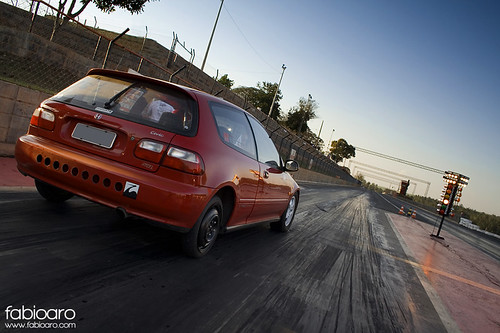
9. **Honda**
Rounding out the top ten of owner satisfaction, Honda continues its legacy of consistent performance, with an identical 69 percent of owners enthusiastically stating they would definitely buy their car again. This isn’t just a fleeting success; it’s a testament to Honda’s long-standing reputation for building dependable vehicles that simply work, day in and day out, making it a truly consistent performer in the automotive world.
Honda delivers a compelling package of reliability and practical innovation, appealing to a broad spectrum of drivers. The brand consistently receives high owner satisfaction ratings, backed by a strong reliability score of 59, placing it 4th overall in dependability. This commitment to quality translates directly into peace of mind for owners, who appreciate the smooth operation and minimal fuss that comes with owning a Honda.
The brand’s sales figures further underscore its strength, with U.S. sales climbing 8.8% to 1.42 million vehicles in 2024. The CR-V, in particular, achieved record sales of 402,791 units, showcasing its enduring popularity. What’s more, Honda is not just resting on its laurels; it’s setting records in hybrid sales with over 308,000 units and making significant strides in EV sales with over 33,000 units, proving it’s consistently evolving to meet future mobility needs while keeping owners happy.
Read more about: Navigating the 2025 SUV Landscape: Kelley Blue Book’s Expert Guide to the Best Two-Row Models for Suburban Families
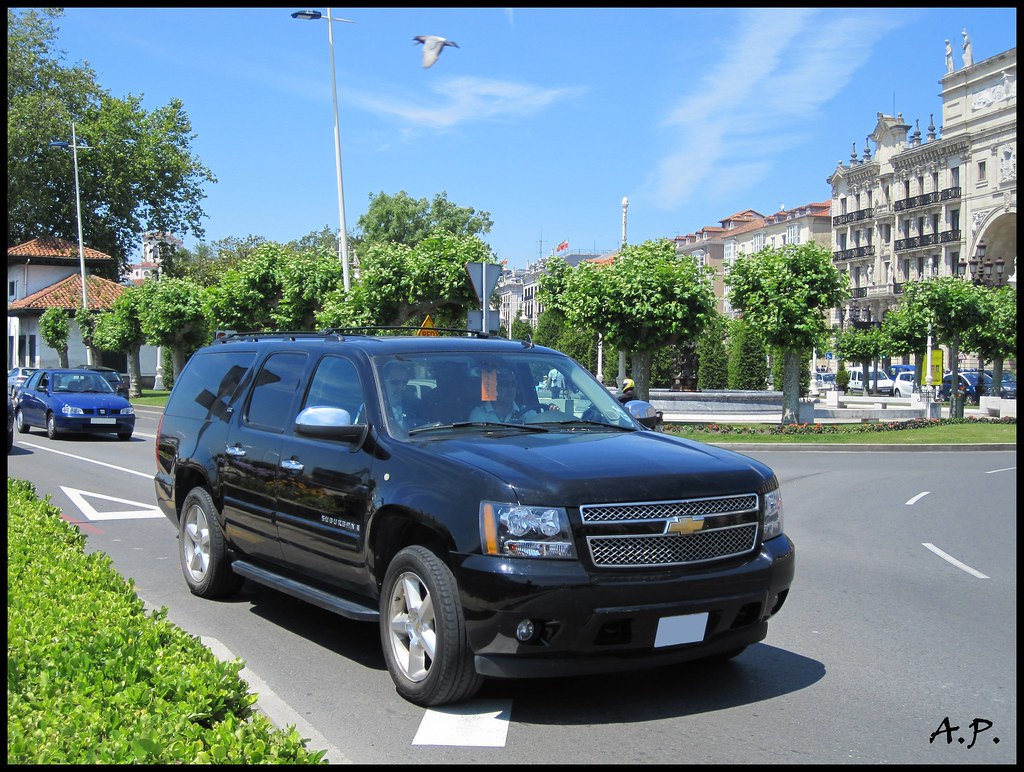
10. **Chevrolet**
Guess what? Chevrolet is also making a strong showing in owner satisfaction, finishing in a respectable 11th place with 69 percent of owners saying they’d definitely buy one again. It’s clear that the majority of Chevy buyers know exactly what they’re getting into when they choose a Bowtie brand vehicle, and it’s not just the Corvette owners who are thrilled with their purchase.
Chevrolet shines as a volume leader, particularly in the U.S. market. With U.S. sales increasing by 1.5% to 1.75 million vehicles, it’s evident that mass-market appeal is a key driver for the brand. The context highlights that models like the Trax led small SUV sales with an impressive 84% increase, while the Silverado truck family (560,264 units) and the Equinox (207,730 units) continue to drive substantial volume.
This robust performance in sales and consistent owner satisfaction, despite a lower reliability ranking of 37 (16th overall), speaks volumes. Chevrolet effectively manages customer expectations across its diverse lineup, from workhorse trucks to family SUVs, delivering vehicles that resonate with a wide audience. It’s a testament to the brand’s ability to offer accessible and appealing options that keep owners coming back for more.
Read more about: The Ultimate Haulers: A Deep Dive into 2025 Half-Ton Pickup Truck Towing Capacities and Features for Informed Buyers
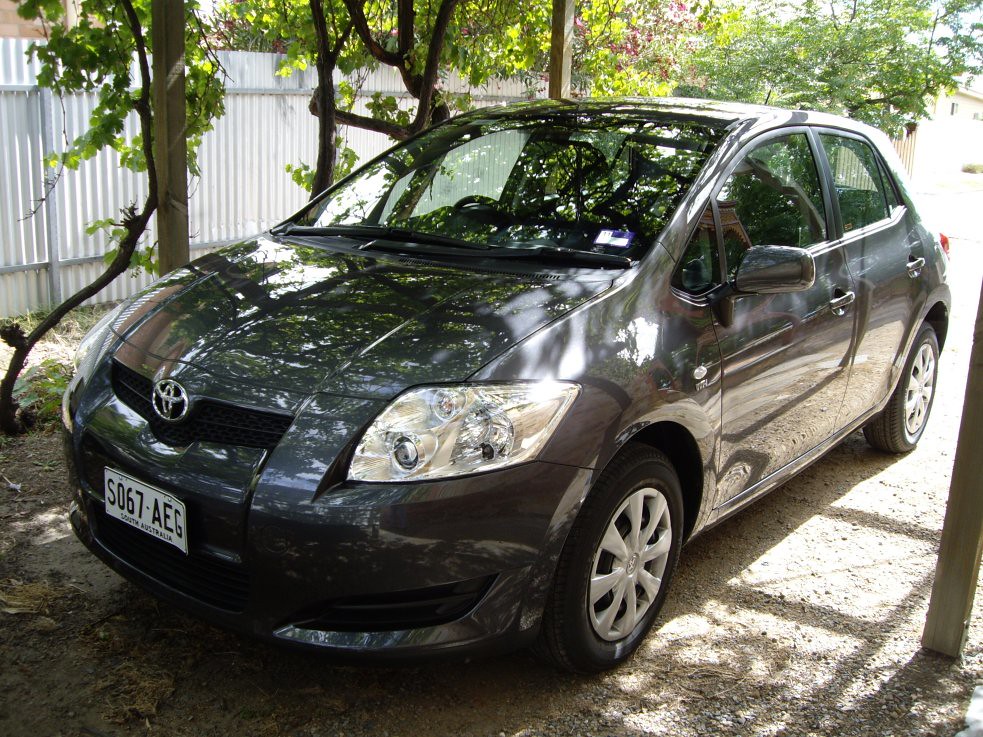
11. **Toyota**
When we talk about dependability, Toyota is practically a household name, and it’s no surprise that it secures a strong position in owner satisfaction, with 69 percent of owners stating they would definitely buy their car again. This isn’t just about initial excitement; it’s about the long-term confidence and peace of mind that comes with owning a Toyota, solidifying its place as a truly dependable giant in the automotive world.
Toyota consistently combines robust reliability with solid satisfaction scores. Its exceptional reliability score of 62, ranking 3rd overall, ensures that owners experience fewer headaches and lower long-term costs. This focus on enduring quality is a major contributor to owner contentment, as drivers can trust their Toyota to perform faithfully for years on end, making it an excellent choice for those who value a trouble-free experience.
As the world’s largest automaker, Toyota continues to demonstrate its immense scale, with global sales reaching 10.16 million vehicles in 2024. The brand is also a leader in hybrid technology, having sold 4.53 million electrified vehicles globally, accounting for 40.8% of its total volume. This strategic focus on efficient, reliable hybrid systems continues to drive growth, especially in crucial markets like North America and Europe, proving that Toyota is not only dependable but also forward-thinking.
Read more about: The Digital Black Box: Unpacking How Your Car Collects and Sells Your Most Intimate Data
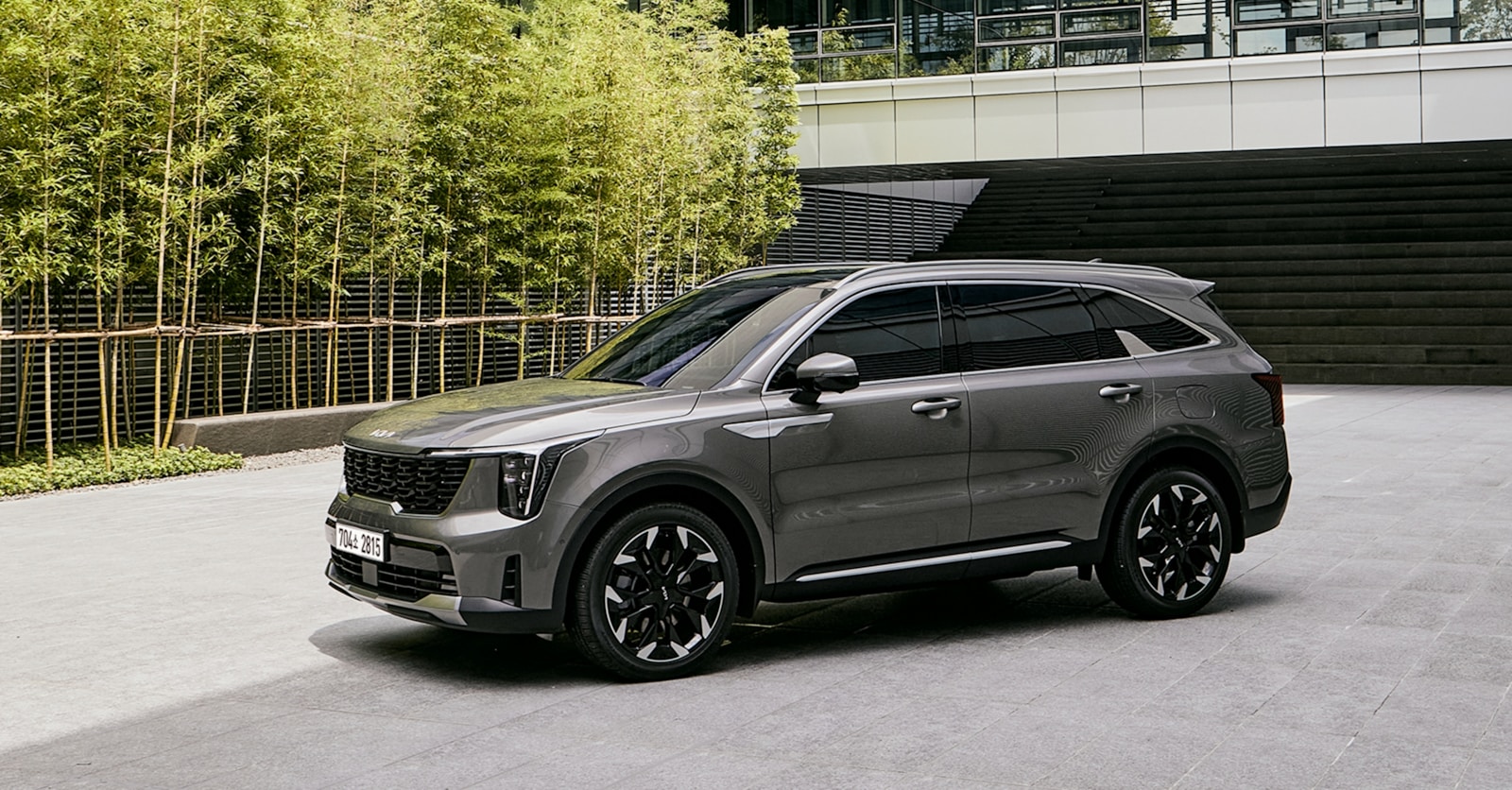
12. **Hyundai**
While its luxury sibling, Genesis, might grab headlines for its premium aspirations, Hyundai itself is holding its own quite admirably in the owner satisfaction rankings. Securing a 13th-place finish with 68 percent of owners saying they’d buy the same car again, Hyundai is definitely not doing badly at all. In fact, many brands would envy such a loyal customer base, showcasing Hyundai’s successful blend of innovation and value.
Hyundai has skillfully cultivated a brand image centered around innovation, modern design, and a strong value proposition. The brand consistently delivers vehicles packed with features, stylish aesthetics, and competitive pricing, which collectively contribute to its respectable owner satisfaction. This approach allows Hyundai to meet, and often exceed, the expectations of mainstream buyers looking for quality and advanced technology without breaking the bank.
Despite a slight global sales decline of 1.8% to 4.14 million vehicles in 2024, Hyundai is demonstrating strong growth in North America, offsetting weaker performances in other markets. Its robust electrification strategy is particularly noteworthy, showing a 24.4% growth in eco-friendly U.S. sales. This commitment to sustainable mobility, coupled with its focus on accessible innovation, ensures Hyundai remains a significant contender in the market, consistently appealing to a wide and satisfied audience.
Read more about: The Digital Black Box: Unpacking How Your Car Collects and Sells Your Most Intimate Data
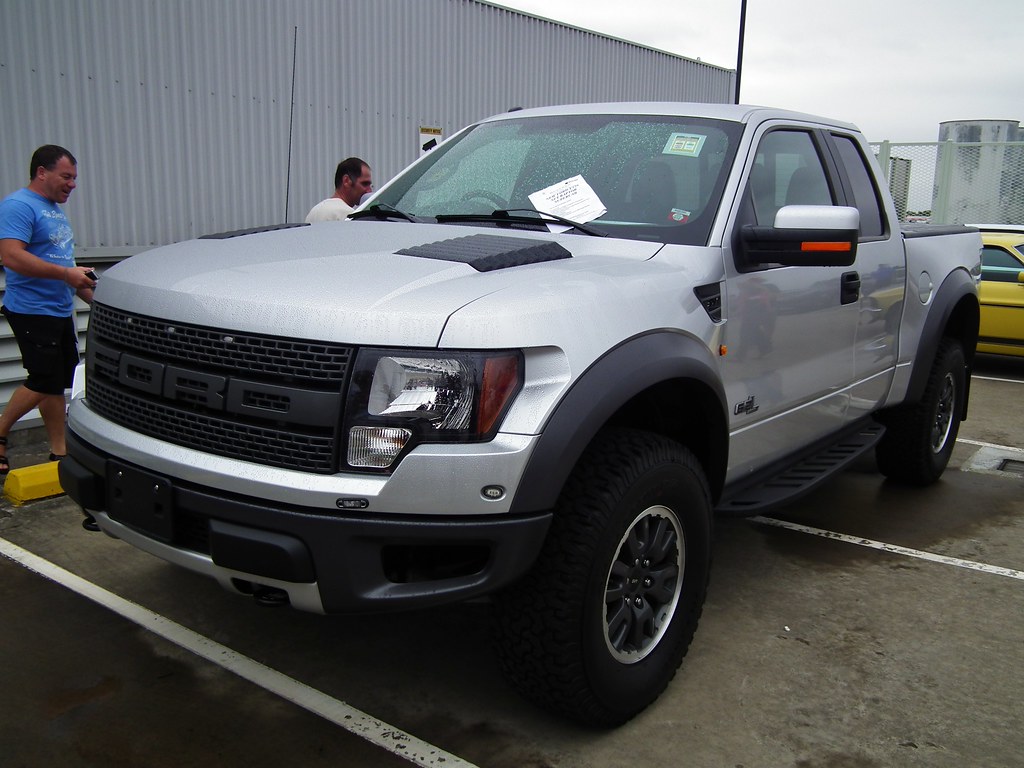
13. **Ford**
As an undeniable American workhorse, Ford continues to play a pivotal role in the automotive landscape, securing a 15th-place finish with an owner satisfaction score of 67 percent. This ranking reflects a brand that strikes a crucial balance between moderate owner satisfaction and a respectable level of reliability. Ford’s diverse lineup, from powerful trucks to innovative electric vehicles, consistently meets the broad needs of its vast customer base.
Ford’s strength lies in its ability to cater to a wide range of consumers, offering everything from the iconic F-Series trucks to popular SUVs and an expanding electric vehicle portfolio. The brand achieves a reliability score of 44, placing it 13th overall, indicating a solid foundation of dependability that complements its customer satisfaction. Owners appreciate the robust build quality and the sheer utility that Ford vehicles consistently provide, whether for daily commutes or heavy-duty tasks.
The sales figures truly tell a story of resurgence, with U.S. sales growing 4.2% to 2.08 million vehicles, marking Ford’s best performance since 2019. The brand’s electrified vehicle sales surged an impressive 38% to 285,291 units, with the F-150 Lightning (33,510 units) and the Mustang Mach-E (51,745 units) leading this electric charge. This indicates that Ford is successfully adapting to new trends while maintaining its heritage, keeping a substantial segment of its owners genuinely happy with their rides.
Read more about: Behind the Velvet Curtain: The Epic Casting Wars That Forged Francis Ford Coppola’s ‘The Godfather’
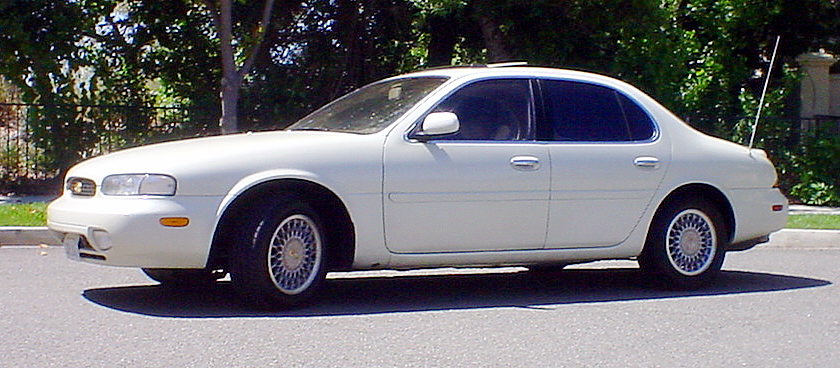
14. **Infiniti**
And now, we arrive at the brand facing the steepest climb in owner satisfaction: Infiniti. Unfortunately, Nissan’s luxury arm finds itself in last place among 29 automakers surveyed, with a strikingly low 43 percent of owners saying they would definitely buy their car again. This sub-50-percent score is a significant red flag, earning the brand a disheartening one-star rating in this critical metric and marking it as a brand facing substantial ownership challenges.
The challenges for Infiniti extend beyond just owner satisfaction; they also impact sales volume. The brand’s U.S. sales contracted by a concerning 10.2% to 58,070 vehicles. While some models like the QX50 did show a modest growth of 7.9%, and the QX60 remains its volume leader with 27,808 units, these bright spots aren’t enough to offset the broader sentiment of disappointment among owners.
This situation underscores the delicate balance between luxury aspirations and the actual ownership experience. For a premium brand, falling so far behind in owner loyalty suggests a disconnect between what customers expect and what Infiniti is currently delivering. Whether it’s in terms of driving experience, technology, or perhaps even the dealer experience, there’s clearly a significant opportunity for Infiniti to re-evaluate and rebuild trust with its customer base to climb out of this challenging position.
Read more about: Unlocking Ultimate Family Comfort: The Definitive Guide to 2025 SUVs with Class-Leading Third-Row Space and Practicality
As we wrap up this extensive look into what drives owner satisfaction, it’s crystal clear that the automotive world is a diverse and dynamic place. From the thrilling loyalty of electric vehicle pioneers to the steadfast contentment of traditional stalwarts, and the tough lessons learned by brands at the bottom of the satisfaction charts, every journey holds a story. Ultimately, a car isn’t just a machine; it’s an experience, a statement, and for the truly satisfied, a beloved companion on the road of life. So, whether you’re chasing cutting-edge tech, bulletproof reliability, or simply a ride that makes you smile every time you turn the key, there’s a perfect match out there waiting to make you a truly happy owner.


